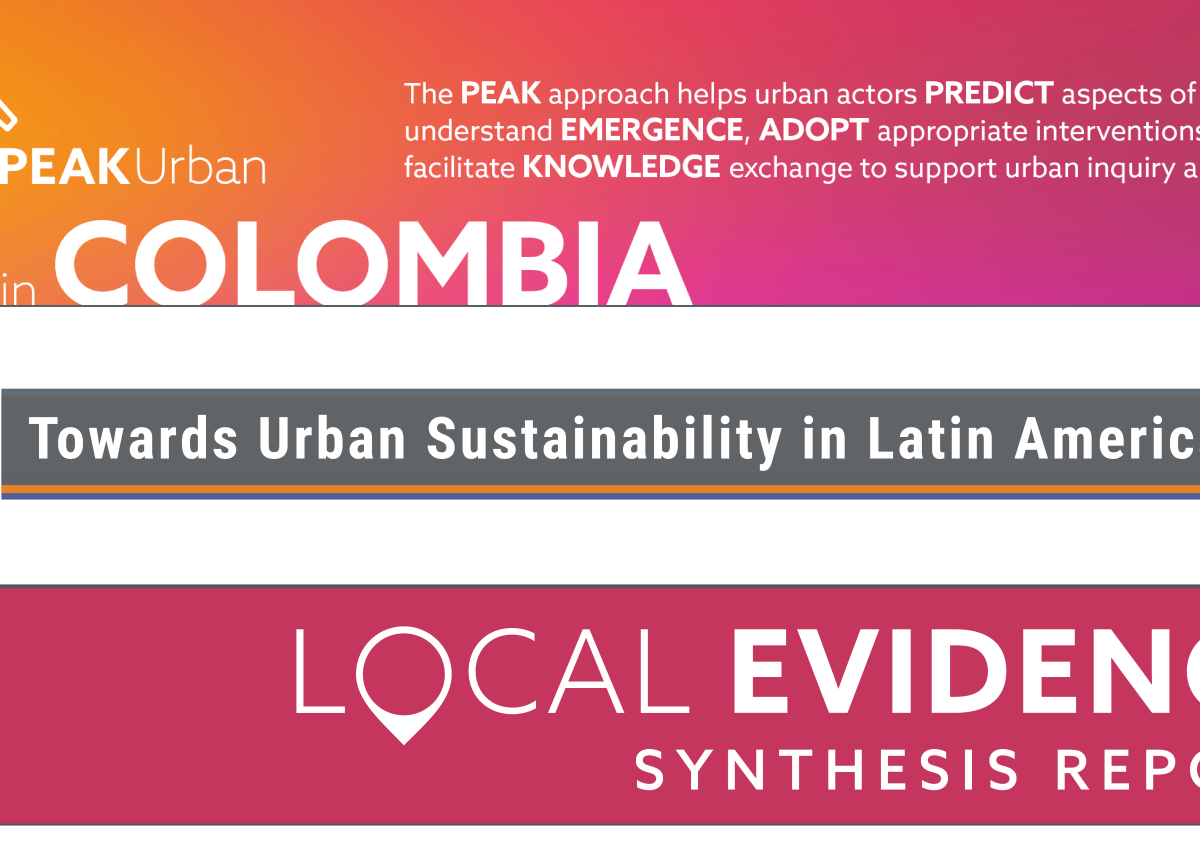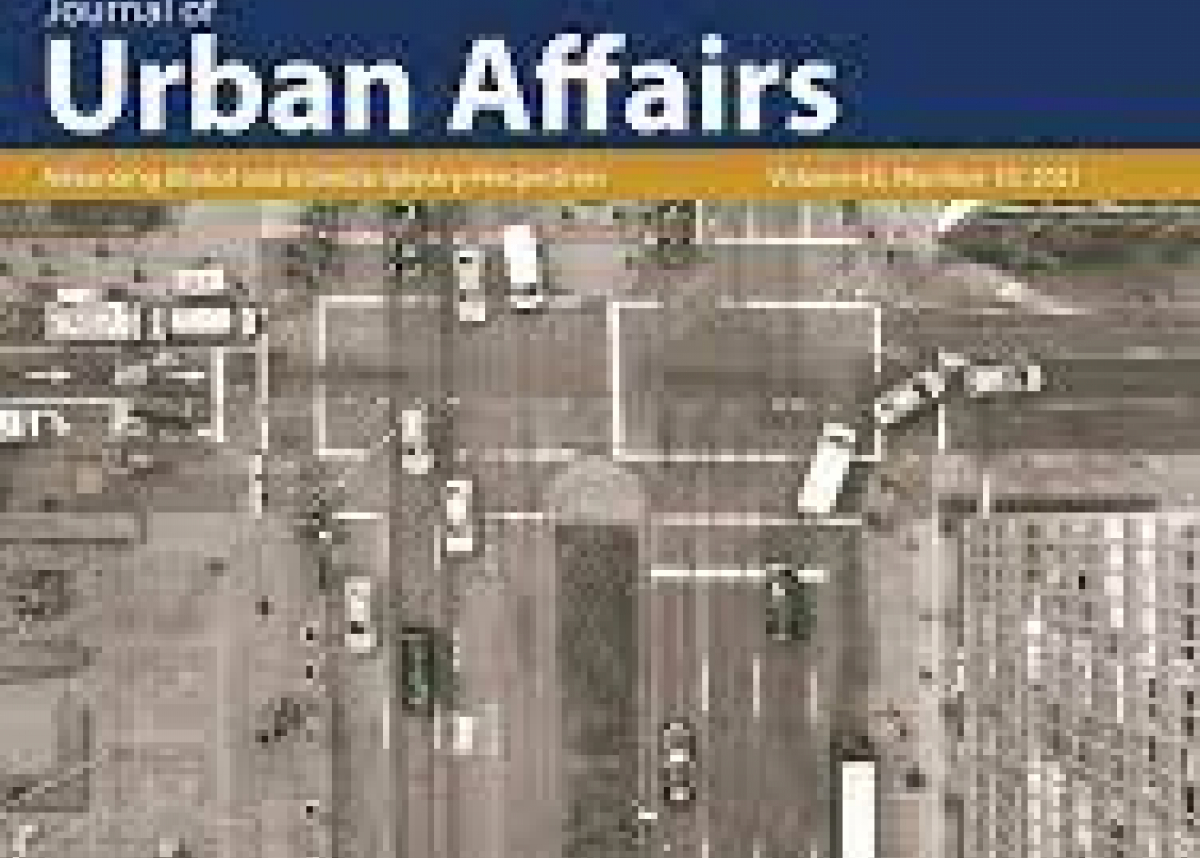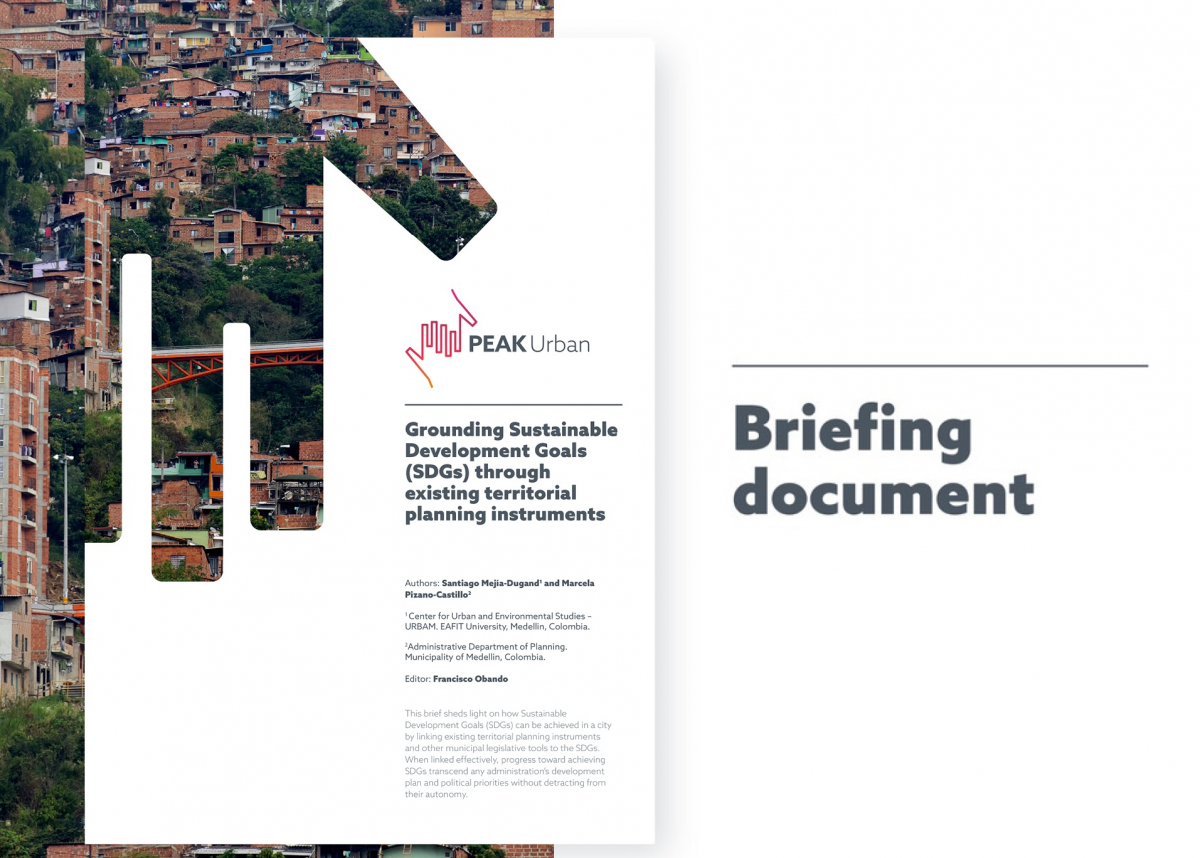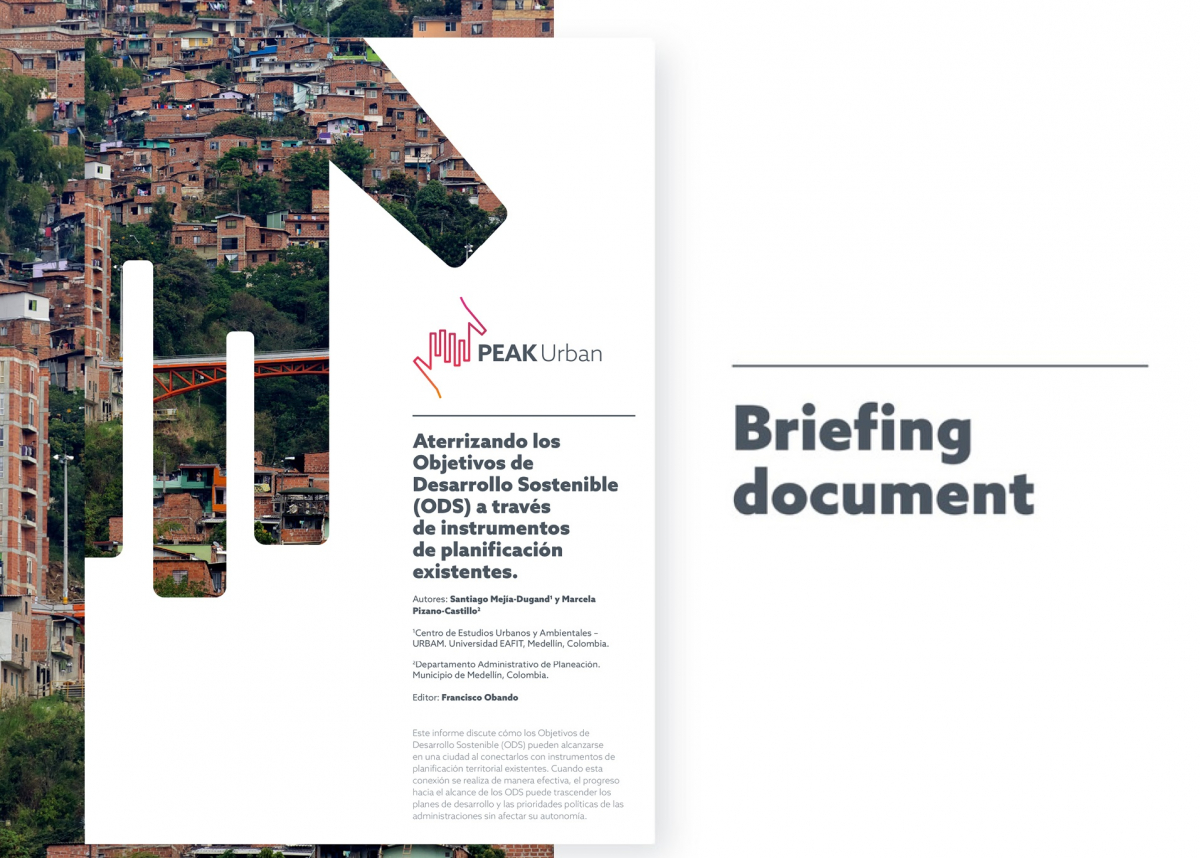
Institutional fragmentation and metropolitan coordination in Latin American cities: Are there links with city productivity?
This paper provides empirical evidence on the impact of institutional fragmentation and metropolitan coordination on urban productivity in Latin American Cities. The use of night‐time lights satellite imagery and high resolution population data allow us to use a definition of metropolitan area based on the urban extents that result from the union between the formally defined metropolitan areas and the contiguous patches of urbanized areas with more than 500,000 inhabitants.
Initial results suggest that the presence of multiple local governments within metropolitan areas generate opposite effects in urban productivity. On the one hand, smaller governments tend to be more responsive and efficient, which increases productivity. But, on the other hand, multiple local governments face co‐ordination costs that result in lower productivity levels.








